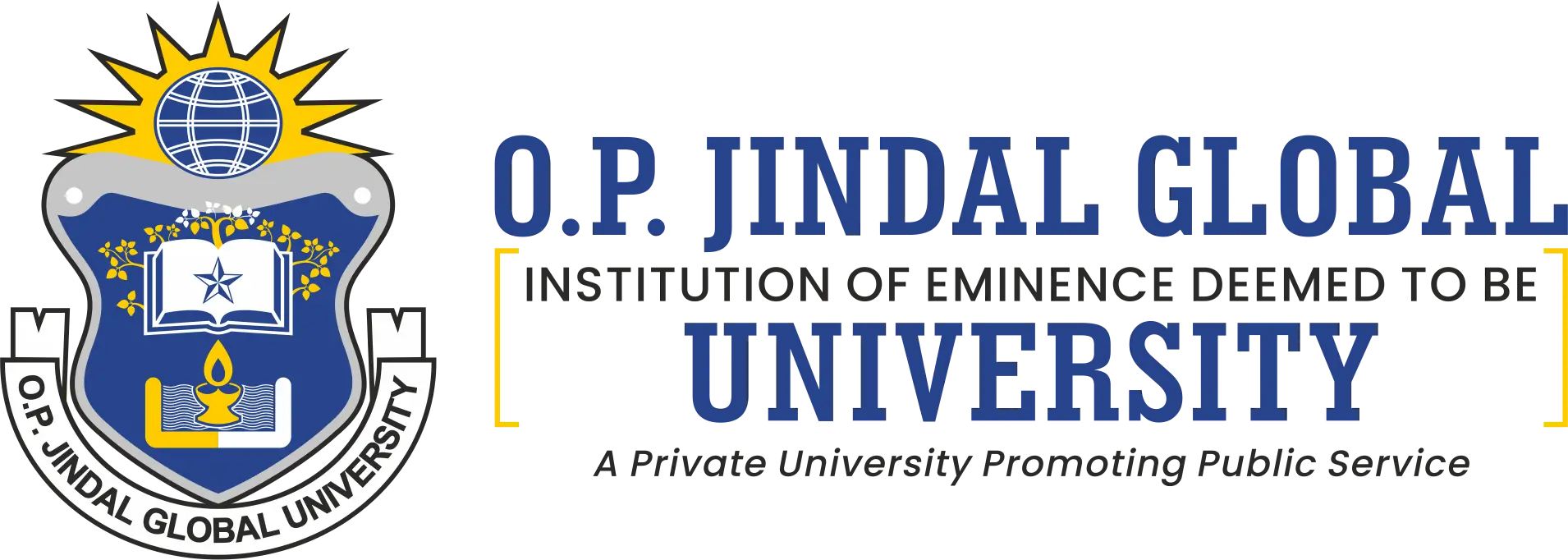JGU’s Motwani Jadeja Institute for American Studies launched in New York

In a major initiative aimed at deepening India-US academic engagement and global leadership, JGU inaugurated the Motwani Jadeja Institute for American Studies (MJIAS) at a prestigious event in New York.
MJIAS will focus on research, public policy, education, innovation, and cultural exchange between India and the United States. The Institute is founded through a generous endowment by the Motwani Jadeja Foundation under the visionary leadership of Ms. Asha Jadeja Motwani, a pioneering philanthropist and venture capitalist based in Silicon Valley.
The Institute is named in honour of Professor Rajeev Motwani, a legendary computer scientist whose mentorship of innovators, including Google's founders, left an indelible mark on the technology and innovation landscape globally.
Speaking on the occasion, Professor (Dr.) C. Raj Kumar, Founding Vice Chancellor of JGU, celebrated the institute as a powerful symbol of academic diplomacy that not only honours a legacy of scientific excellence but also builds intellectual bridges between nations. He said: “MJIAS is not merely the establishment of a new academic institute — it is a profound affirmation of our belief that universities must serve as instruments of global transformation. In an era where the world faces unprecedented challenges, we need institutional platforms such as MJIAS that nurture critical inquiry, uphold the values of freedom and democracy, and prepare our students to be not only professionals but also public intellectuals. This Institute is a tribute to the pioneering brilliance of Professor Rajeev Motwani and the extraordinary generosity and vision of Ms. Asha Jadeja Motwani. It will be a bridge between India and the United States, between technology and humanities, between policy and innovation, and above all, between ideas and action."
Delivering the Foundational Address, Ms. Asha Jadeja Motwani expressed her commitment to shaping ecosystems that empower changemakers, particularly across the Global South. She remarked, "We are at an inflection point in human history. The technological revolution we are living through demands new paradigms of leadership — one that is ethical, empathetic, interdisciplinary and globally conscious. Through MJIAS, we are not only honouring the spirit of Rajeev, who believed in democratising innovation and knowledge, but also giving life to a bold vision: to create a space where the next generation of leaders of India and the USA can question, collaborate, and co-create. We are building a platform that fosters dialogue, disrupts outdated systems, and inspires a mindset of fearless experimentation. My deepest hope is that this Institute becomes a lighthouse for South-North partnerships and a hub for intellectual and entrepreneurial energy from India, the United States and the world." She announced upcoming initiatives under MJIAS, including India-US student fellowships, startup accelerator collaborations, and visiting professorships to bring top American scholars to India and vice versa.
Professor (Dr.) Mohan Kumar, former Ambassador of India to France and Founding Director-General of MJIAS, presented the Vision Statement of the Institute. He highlighted the strategic and intellectual significance of deepening Indo-US ties through knowledge exchange.
The occasion was marked by the simultaneous release of the JGU Sustainable Development Report 2025 and a Distinguished Public Lecture delivered by leading Indian and global figures, signifying the university's multidimensional vision of education, diplomacy and innovation.
Senior scholars of leading US universities, Professor (Dr.) Jayanth Krishnan (Chair, International Board of Advisors, JGU), Indiana University Maurer School of Law, and Professor Sital Kalantry (Vice Chair), Seattle University School of Law, emphasised the importance of interdisciplinary learning, legal and technological innovation, and academic integrity. They praised MJIAS for anchoring itself at the intersection of liberal values, democratic norms, and global citizenship.
In the Presidential Address, H.E. Mr. Binaya Srikanta Pradhan, Consul General of India in New York, hailed the Institute as "a timely and meaningful contribution to the India-US strategic partnership" and noted that academic institutions like MJIAS embody the spirit of ‘knowledge diplomacy’. "Our nations share a foundation of democracy and diversity. This Institute will deepen that partnership through research, policy dialogue, and people-to-people ties," he added.
Former Chief Justice of India Justice U.U. Lalit delivered the Distinguished Public Lecture in which he stated: "The role of a university in any society is not only to impart knowledge but also to cultivate conscience. Today, we find ourselves confronting deeply complex questions about the rule of law, justice, and constitutional morality — not just in India but across the world. It is in this context that institutions like MJIAS become so critical. They stand at the frontlines of democratic resilience. They equip young minds with not just the tools of reasoning and argumentation, but with the moral compass necessary to lead and serve. As someone who has spent decades in the judiciary, I deeply value the ability of academia to challenge authority, question power and uphold the spirit of the Constitution."
Dr. Palanivel Thiaga Rajan, Minister for Information Technology and Digital Services, Government of Tamil Nadu, delivered the Keynote Address on the future of data governance, AI ethics, and digital innovation. He called for stronger university-government collaborations to create public value through evidence-based policymaking and inclusive technologies.
Read More:




